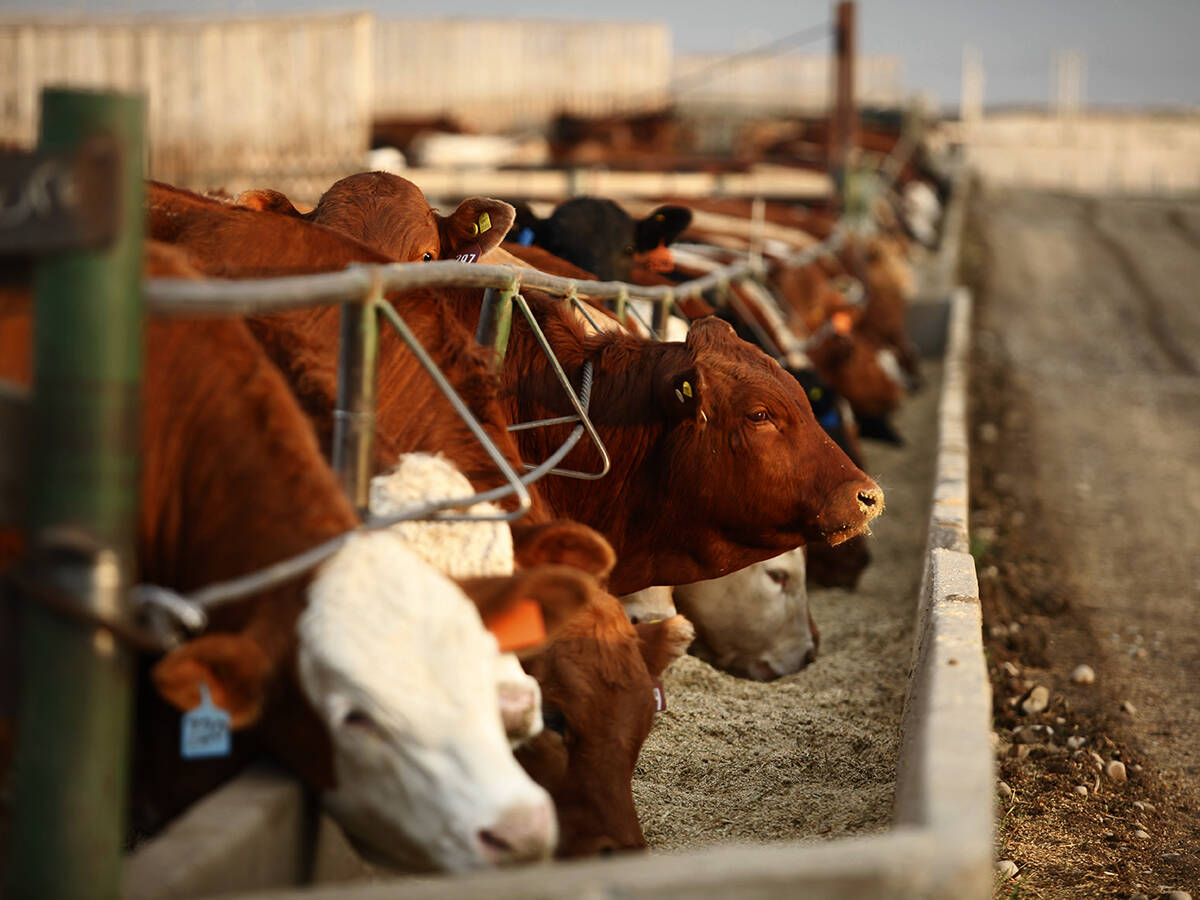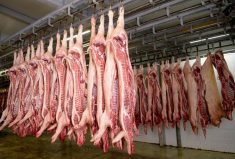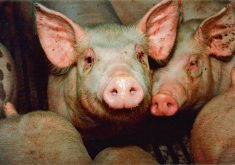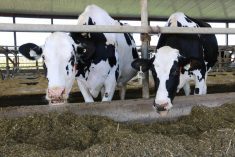An outbreak of equine piroplasmosis in Texas has the Canadian Food Inspection Agency ordering more certifications and paperwork on horses entering Canada from the U.S.
CFIA said in a notice Friday that it has asked the U.S. Department of Agriculture to suspend any endorsements or issuance of export certificates for horses originating from Texas.
USDA has also been asked to provide copies of health certificates for horses and other equines from Texas issued for Canada during the 30 days before the outbreak.
Horses and other equines such as mules, donkeys and zebras coming to Canada from other states will also now need “supplementary” USDA certification. That will include a declaration that the animals being shipped haven’t been in Texas anytime in the previous 21 days.
Read Also

U.S. livestock: Cattle futures drop Friday
Cattle futures on the Chicago Mercantile Exchange fell from nearby highs Friday, with profit-taking to end the week weighing on…
Canada Border Services Agency officials at ports of entry to Canada will now also ask all importers of equines whether the equines are coming from Texas, or have been there in the past 21 days, or have “transited” Texas on their way to Canada.
“If the answer to either question is yes, the animals will be referred to the CFIA for inspection,” CFIA said Friday.
Risk through trading
Horses and other equines referred to CFIA by border staff will go to a CFIA veterinary inspector for a “detailed” health inspection. “The inspector should refuse entry if he/she suspects that the animal has equine piroplasmosis,” CFIA said.
Piroplasmosis, commonly spread between horses by way of ticks or contaminated needles, can cause fever, anemia, jaundiced mucous membranes, swollen abdomens and laboured breathing in the disease’s acute form, according to USDA’s Animal and Plant Health Inspection Service (APHIS).
Piroplasmosis can also cause equines to have roughened hair coats, constipation and colic, APHIS said. In its milder form, piroplasmosis causes equines to appear weak and show lack of appetite.
“The greatest risk for introduction of this disease is through trading of animals or international equestrian sports, where infected and non-infected animals are in contact,” APHIS said. “Many disease-free countries have the climate suitable for a foreign tick vector, or have ticks which could act as vectors.”
Piroplasmosis is present in South and Central America, the Caribbean, Africa, the Middle East, and Eastern and Southern Europe, APHIS said. Canada, Australia, Japan, England and Ireland are not considered to be endemic areas for the disease; nor is the U.S., APHIS said.

















